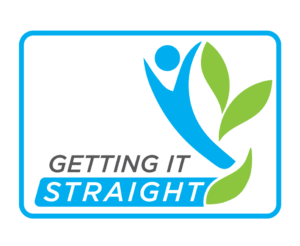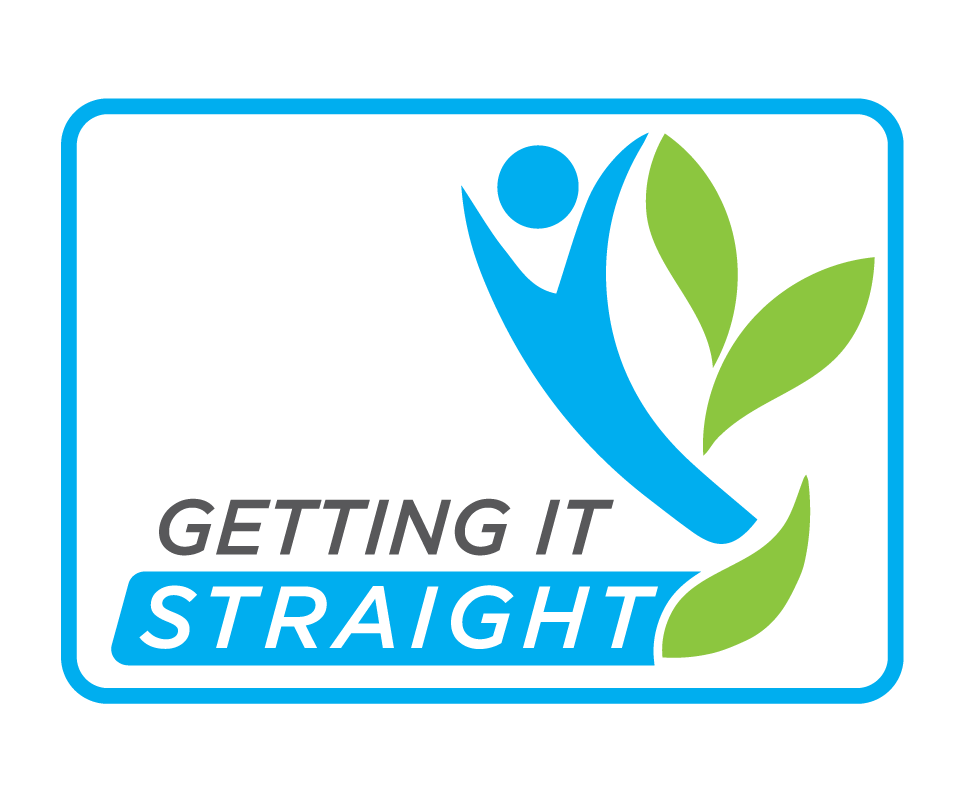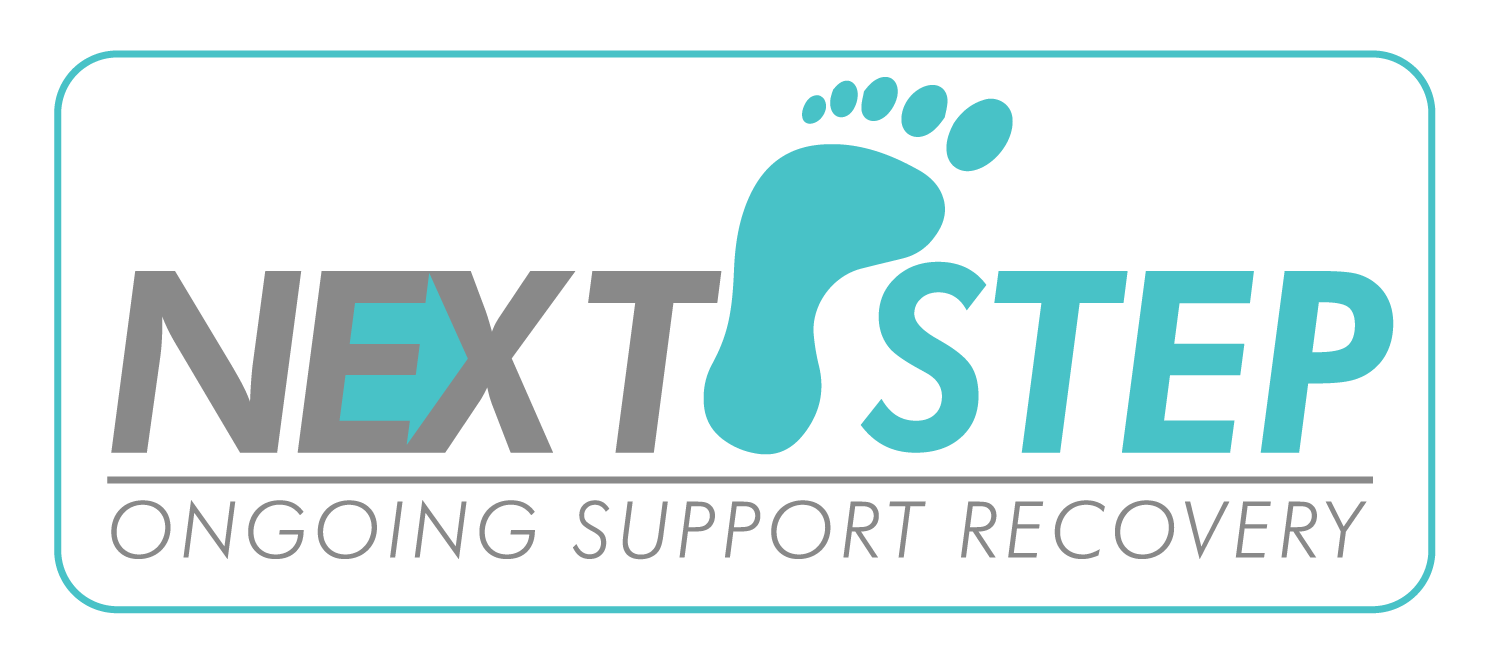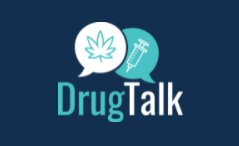Tired of struggling with Addiction?
Thinking of going to a residential treatment Program?
Before you do check out why our program is better!
Traditional treatment programs
- Primarily focused on short-term stabilization
- High relapse rates (over 80%)
- Do not provide long-term support which is crucial for lasting change
- Perpetuates unhelpful myths about addiction and recovery
- All programs are run in groups
- No one-on-one counsellling
- No privacy or confidentiality
- Must leave home/work to attend
- Controlled environment free of temptations which leaves people ill-prepared to return to their normal lives
- Extremely expensive (up to $30,000/month)
vs
Our Program
- Focused on full recovery from addiction
- High success rates
- You learn what real recovery from addiction is and why simply "quitting using" doesn't work
- Debunks all myths that cause people to enter into recovery with expectations that set them up to fail
- Clients receive a full year of counselling & support
- One on one treatment and on-going support. No groups
- Complete privacy and confidentiality
- No need to leave home or take time off work
- Provides opportunities to exercise will-power preparing clients properly to remain clean & sober in real world
- Costs a small fraction of traditional treatment programs
Before making any decisions about entering into counselling or attending a residential treatment program, book a free consultation with us. We guarantee that you'll agree why our program is better
OUR GUARANTEE
"If you follow our advice and use the skills we teach you, you will never relapse again. We will teach everything you need to know and support you for long enough so that you can achieve life-long sobriety, break free of the destructive hold addiction had over you and become a truly happy and healthy person"
Take the quiz!
Why Residential Treatment Programs Don't Work
Residential addiction treatment programs can be prohibitively expensive, often costing thousands of dollars for just a few weeks of care. While these programs promise intensive therapy and support, research shows that their long-term effectiveness is limited. Many individuals relapse shortly after completing treatment, as the programs tend to focus on short-term stabilization rather than addressing the deep-rooted issues behind addiction. Additionally, the one-size-fits-all approach may not cater to the unique needs of every individual, reducing the overall success rate.


What's Been Missing
For an addiction treatment program to be successful, two key elements are essential. First, participants need to fully understand what addiction is and how recovery works. It's like a mechanic who cannot fix a vehicle if he doesn't know what's wrong with it. Second, they must receive ongoing support long enough to make lasting changes in their lives, which allows them to build new habits and strengthen their recovery over time. Without both of these components, lasting success becomes much more difficult to achieve.
Understanding Addiction
Addiction is similar to mushrooms, which grow from an underlying structure known as the mycelium network. Cutting off the mushroom does not eliminate the network that supports its growth. In the same way, addictive behaviors are just visible symptoms of deeper, unseen patterns, emotions, and experiences. These deep-rooted issues must be addressed, or the addictive behaviors will continue to resurface, much like mushrooms repeatedly sprouting from the ground. This is known as a relapse and without dismantling the underlying structure, it's just a question of time before in occurs over and over again.


Inpatient programs vs Outpatient
Inpatient addiction treatment programs require individuals to live at a facility for the duration of their treatment, providing intensive care and structure. Such programs are useful for those who cannot acquire any clean time without being in a protected and controlled environment. Clients tend to do well while they are in treatment but are most often than not ill prepared for the temptations that await them once they return to their normal lives.
Outpatient programs on the other hand, allow individuals to receive treatment while continuing to live at home and maintain their daily routines. Outpatient programs can be more effective for some people because they offer flexibility, allowing individuals to apply what they learn in real-world situations and maintain important support systems outside of treatment and exercise their will power to say no to temptations. This approach can foster greater long-term success and personal responsibility in recovery.
Take the quiz!
OUR SOLUTION

GETTING IT STRAIGHT
Our addiction treatment program is different than other programs and is designed for those are serious about wanting to overcome their problem. A core component is helping understand the true nature of addiction so that you understand what you must do to overcome it.
The Getting It Straight portion of the program is 20 weeks of you working one on one with a counsellor while you continue to live at home. Meetings occur weekly online and participants will have 2-4 hours of homework per week. Each participant gets a workbook and a list of videos they have to watch. During this time you will gain the knowledge and skills you need to overcome your addiction as well as identify the core issues (the invisible structure that has allowed your addiction to flourish) that you need to address in order to regain your health.





NEXT STEP
Treatment is followed by 32 weeks of support recovery where you continue to work with your counsellor to address the core issues you've identified in the first phase. Your counsellor will support you as you implement the treatment plan you have developed in Phase 1. This part of the program is, in fact, the most important one because it is where participants implement the changes they need to make in their lives that will allow them to finally break free of their addiction. Unlike other programs, we recognize that without that long-term focus and support, failure is almost inevitable. It's important to realize that simply completing an addiction treatment program has never helped anyone overcome an addiction. Breaking free of a dysfunctional lifestyle and establishing a new, healthy life is the only thing that makes that possible.
After a full year, you will have gained a very deep understanding of what has fueled your addiction and what you need to do to stay on the path of recovery and growth. You will also have established the foundation you need to make the changes you need in your life.
Take the quiz!
Free Consultation!
To discuss whether or not this program is right for you, fill out the form below to arrange a free 30 minute consultation with one of our counsellors. There are no obligations and your email will not be used to send you any unwanted information.
